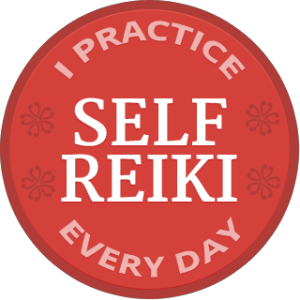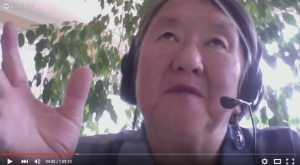 If you’re a Reiki practitioner or master you may wonder: Why should I attend a Reiki Clinic? This was the topic of a recent conversation with a friend of mine. He pointed out to me the other day that many Reiki practitioners probably don’t want to participate in a Reiki Clinic because they are giving away their services for free with little benefit to themselves. This may be a very practical explanation, however, I hope that you are receiving many other benefits from attending Clinic. I hope that you know (on all levels) that the practice of Reiki occurs through self-practice, practice on others, and living the precepts. Clinic provides an opportunity to practice on others and often to receive a short treatment yourself. Do you need an additional benefit?
If you’re a Reiki practitioner or master you may wonder: Why should I attend a Reiki Clinic? This was the topic of a recent conversation with a friend of mine. He pointed out to me the other day that many Reiki practitioners probably don’t want to participate in a Reiki Clinic because they are giving away their services for free with little benefit to themselves. This may be a very practical explanation, however, I hope that you are receiving many other benefits from attending Clinic. I hope that you know (on all levels) that the practice of Reiki occurs through self-practice, practice on others, and living the precepts. Clinic provides an opportunity to practice on others and often to receive a short treatment yourself. Do you need an additional benefit?
By practicing, you have the opportunity to learn from Reiki. To receive the insight and healing that you seek and that your body, mind, and spirit are innately capable of. As Takata said, “Let Reiki teach you.”
For instance, if you take a tennis class, study meditation, or take a piano lesson, and if you expect to advance, improve, and learn more about the game, about your mind, or about music, you will practice. For example, you will find a tennis partner and go to the court and hit the ball back and forth. You will probably do this at least once a week in addition to your lessons — if you expect to integrate what you have learned. Learning Reiki is like learning to play tennis. Take the class and then practice.
If you need more motivation to attend Clinic, or need to be re-inspired to practice, I highly recommend listening to this talk by Phyllis Furumoto. There are many heart-warming stories that she recounts about the teachings from her grandmother, Hawayo Takata. I especially loved this quote from Takata that I had not heard before: “If you can count to four you can practice Reiki.”
Perhaps that’s one of the issues with Reiki for those of us in the United States. As a group of people, we may want something more complicated. (“What? I only need to count to four?! How effective can that possibly be? If I count to 4,000, then maybe it’s worth practicing.”) However, Phyllis repeatedly reminds us of the simplicity of Reiki and the way that Reiki works by tapping into our innate healing abilities. It will teach you when you practice it.
Hope to see you at an upcoming Reiki Clinic. And remember, as Takata said, “Reiki, Reiki, Reiki. . . . Do Reiki and Notice.”
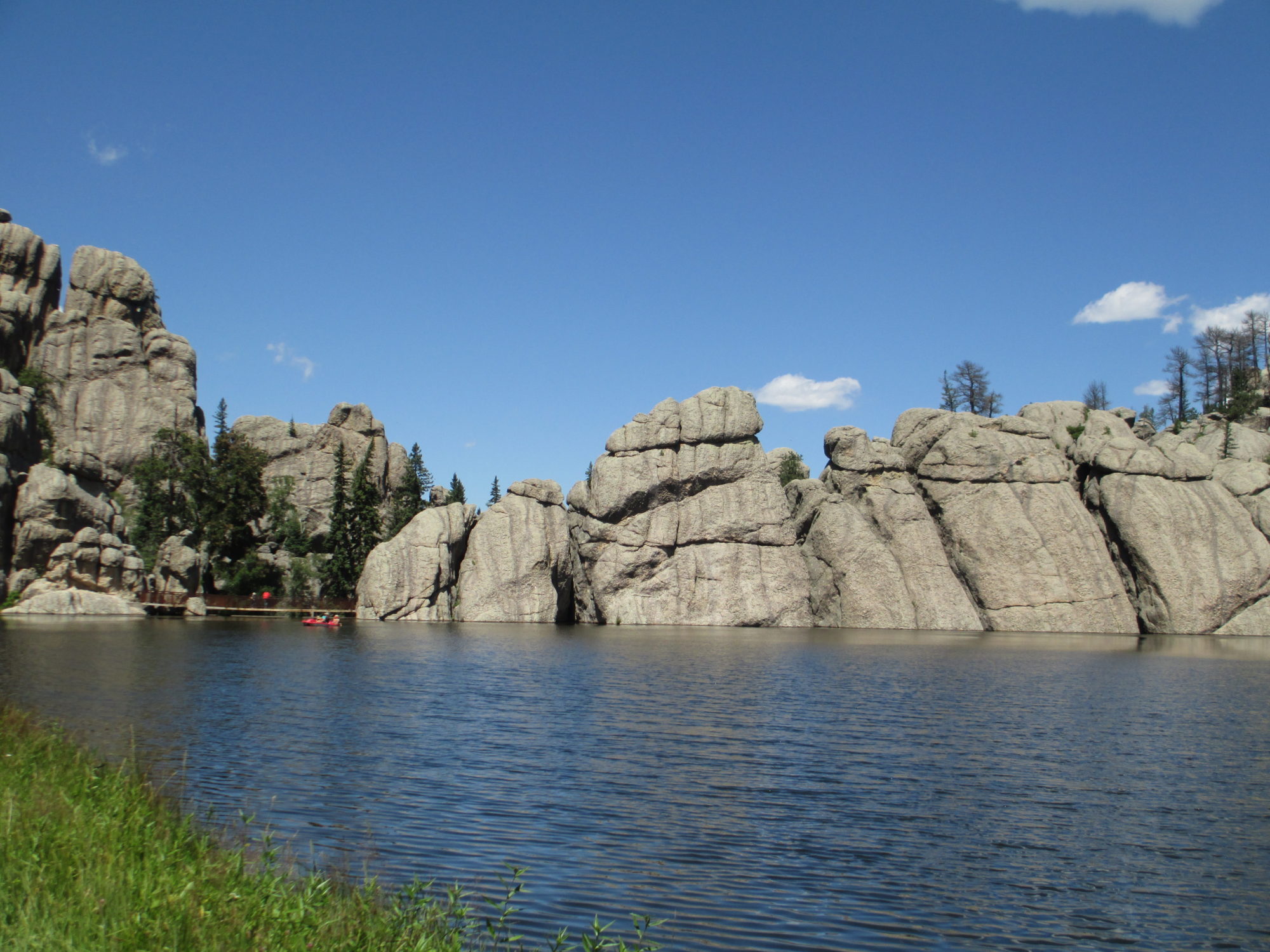
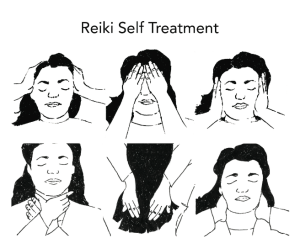 If you’ve taken a Reiki level 1 class hopefully you’ve been taught how to have a self-Reiki practice. This practice usually entails a regular practice at the beginning and end of each day plus regular applications of self-Reiki throughout one’s day. There are particular hands-on positions that one follows (some of them are illustrated in the image on the right) or the practitioner uses a free-form approach.
If you’ve taken a Reiki level 1 class hopefully you’ve been taught how to have a self-Reiki practice. This practice usually entails a regular practice at the beginning and end of each day plus regular applications of self-Reiki throughout one’s day. There are particular hands-on positions that one follows (some of them are illustrated in the image on the right) or the practitioner uses a free-form approach.
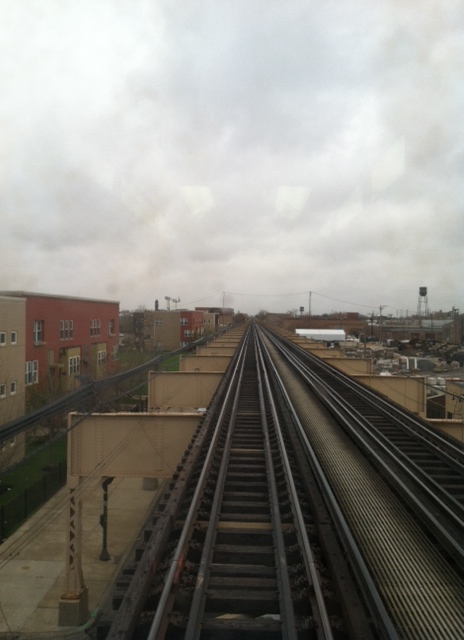 family, friends, coworkers. As parents, we practice how to parent with mindful words and actions. At our workplace, we practice our craft over and over again through the repetition of the tasks that we complete on a daily or weekly basis. Even driving or walking is a practice — we do it repeatedly and gain greater skill in it by doing it over and over again. Keep thinking about this — anything we do is a practice and we gain skill through the act.
family, friends, coworkers. As parents, we practice how to parent with mindful words and actions. At our workplace, we practice our craft over and over again through the repetition of the tasks that we complete on a daily or weekly basis. Even driving or walking is a practice — we do it repeatedly and gain greater skill in it by doing it over and over again. Keep thinking about this — anything we do is a practice and we gain skill through the act.